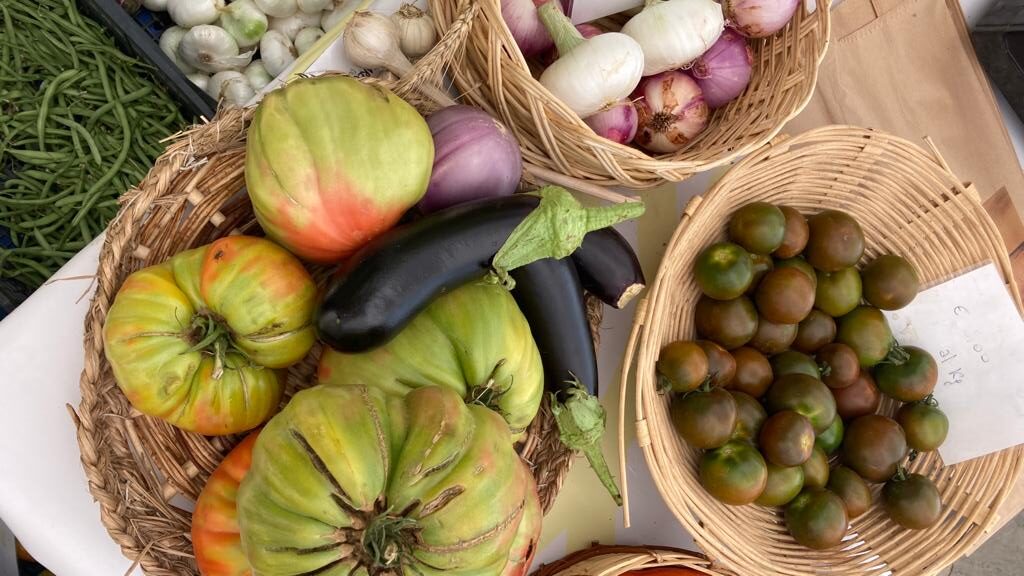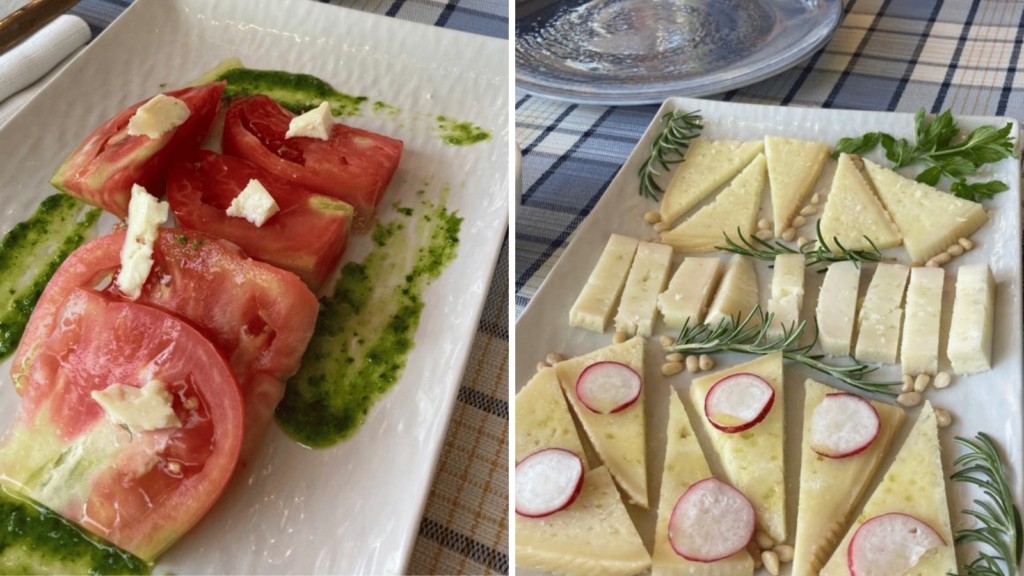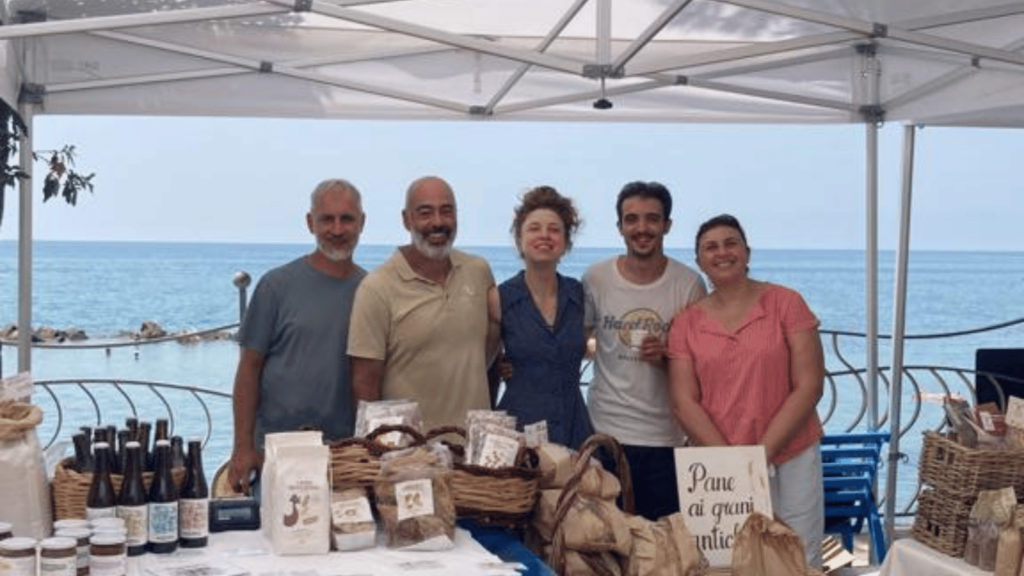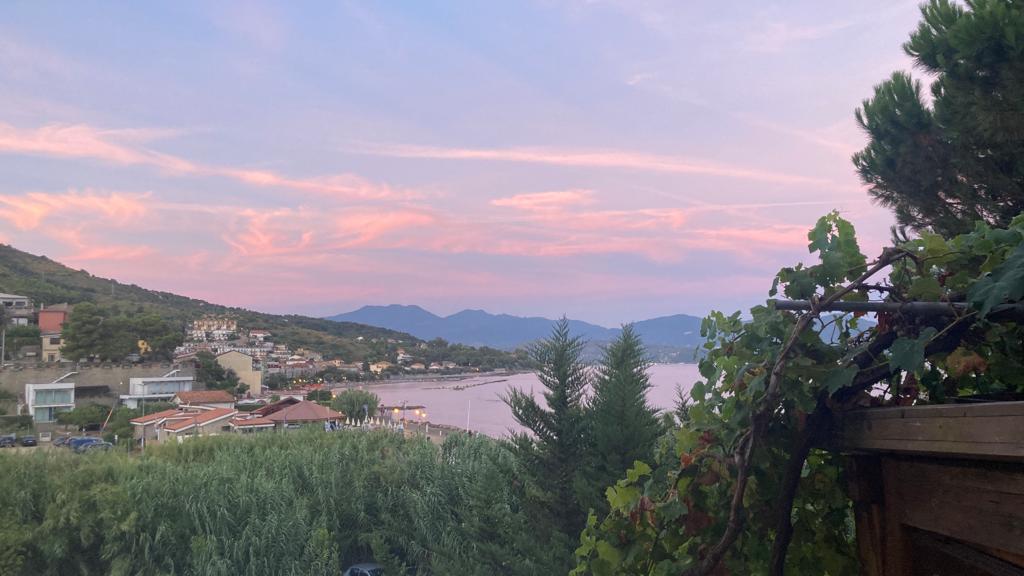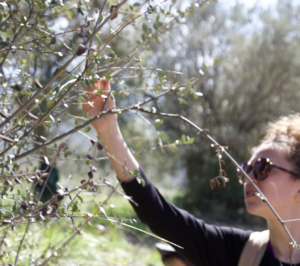 This is an interview piece with Sofia Cavalleri, member of the Young Scientists Group of FAO at the World Food Forum. Sofia obtained a bachelor’s degree in International Relations and a master’s in environmental sciences policy and management. She completed a joint PhD programme on sustainable indigenous food systems in Thailand at Chulalongkorn University and SEI Asia. While conducting field research on the connections between urban consumers and rural food producers, she developed a passion for ethnobotany. Her work focuses on the relationships between territory, landscape, biodiversity, and local populations and how cultural traditions can be used to protect biodiversity.
This is an interview piece with Sofia Cavalleri, member of the Young Scientists Group of FAO at the World Food Forum. Sofia obtained a bachelor’s degree in International Relations and a master’s in environmental sciences policy and management. She completed a joint PhD programme on sustainable indigenous food systems in Thailand at Chulalongkorn University and SEI Asia. While conducting field research on the connections between urban consumers and rural food producers, she developed a passion for ethnobotany. Her work focuses on the relationships between territory, landscape, biodiversity, and local populations and how cultural traditions can be used to protect biodiversity.
Upon returning from Thailand to her Italian roots, she wondered if some elements of those indigenous food systems could be found in the most authentic rural Italian regions. These questions brought her to Cilento, in Southern Italy, where she met Amabile – a young chef focusing on creating sustainable local indigenous menus based on the Traditional Mediterranean Medicine and Diet that are rooted at the regional level and give visibility to the bio-cultural diversity of Cilento.
Sofia and Amabile have cofounded RISTOLAB s.r.l. – a scalable hybrid restaurant-laboratory based in Pioppi, in the Italian rural region of Cilento, where Ancel Keys, an American physiologist conducted his studies on the Mediterranean Diet. The restaurant-laboratory primary objectives are to conduct research and cook traditional, seasonal, healthy and sustainable local food to preserve the regional bio-cultural diversity, Sofia’s domain as sustainable food systems researcher and Amabile’s expertise in Cilento’s indigenous menus will provide guest with gastronomic experience to actively taste yummy dishes.The World Food Forum of FAO has recognised RISTOLAB s.r.l. as one of the most promising innovative food startups and is now part of the Youth Food Lab incubation programme with the support of Wageningen University.
This has several positive impacts on the local communities: sustainable tourism, redistribution of income in the local economy, preservation of regional bio-cultural heritage and collaborative sustainable food value chains.
Indigenous food systems in Italy: The Cilento context
Southern Italy’s Cilento region is renowned for its high quality of life and a strong sense of community among its rural residents. The area is also notable for the longevity of its inhabitants, who live long and active lives. To assess the local population, various indicators and criteria related to natural and ecosystem services and anthropological and social dimensions are considered. By considering both the social and ecological factors, we can gain a deeper understanding of how populations relate to their environment. Our lifestyle choices can impact the ecosystem, leading to climate change and other external stressors.
